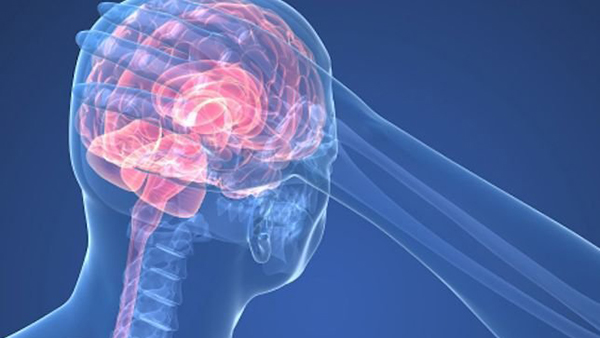Standards of mTBI care have evolved rapidly, with numerous expert consensus statements and clinical practice guidelines published in the last 5 years.. This article offers guidance on key clinical decisions in mTBI care and highlights priority interventions that can be initiated in primary care to prevent chronicity.
Traumatic brain injury (TBI) occurs when an external force to the the head or body alters brain function. Almost half of Americans have sustained at least 1 TBI in their lifetime. There are 3-4
million new cases of TBI each year in the United States and 30-50 million worldwide. The TBI incidence rate has been increasing. Falls are the most common cause, especially in young children and older adults. The vast majority of TBIs (up to 90%) are classified as “mild” (mTBI), meaning that they involve no or only a brief (<30min) loss of consciousness and period of posttraumatic amnesia (<24h). Management of mTBI largely occurs outside of the hospital. Although the emergency department is the typical point of entry into the healthcare system, increasingly, patients with mTBI are first seeking medical care.

Traditionally, mTBI has been thought to require minimal clinical management beyond watchful waiting. In response to mounting evidence that mTBI can be associated with chronic symptoms and disability standards for mTBI care have evolved to promote earlier and more proactive intervention.
The majority of patients with mTBI can be managed effectively in primary care. Referral to individual medical specialists or to a specialized multidisciplinary mTBI clinic is appropriate for patients with persistent symptoms (lasting more than 4-6 weeks) that do not respond to treatment in a primary care setting.
Earlier referral may be helpful when patients have a high symptom burden or known risk factors for prolonged recovery, such as a preexisting mental health disorder, patients are unable to progress with their return to activity or are attempting to return to high-stakes roles soon after injury (eg, competitive sport or university examinations), or access to care is limited (eg, long waitlist times).
mTBI clinics should have access to a physician and a multidisciplinary team of licensed health professionals who provide coordinated, evidence-based care.
Interdisciplinary treatment may include vestibular, vision-oculomotor, behavioral health, and cognitive rehabilitation interventions that are individually tailored to a patient’s symptom profile.
Patients with 1-2 specific symptoms may only require individual disciplines rather than referral to a multidisciplinary clinic.
For example, patients with primarily vestibular symptoms should be referred to physical therapy or otolaryngology. Musculo-skeletal cervical complaints may respond to multifaceted physical
Careful diagnostic assessment and proactive clinical management is essential to maximizing recovery. Patient education, return to activity guidance, and symptom-targeted treatment are pillars of mTBI management in primary care.
Management of Concussion and Mild Traumatic Brain
Injury: A Synthesis of Practice Guidelines
Noah D. Silverberg, PhD,a,b Mary Alexis Iaccarino, MD,c,d,e William J. Panenka, MD,f,g,h
Grant L. Iverson, PhD,i,j,k Karen L. McCulloch, PT, PhD,l Kristen Dams-O’Connor, PhD,m
Nick Reed, PhD,n,o Michael McCrea, PhD,p for the American Congress of Rehabilitation
Medicine Brain Injury Interdisciplinary Special Interest Group Mild TBI Task Force
Archives of Physical Medicine and Rehabilitation 2020;101:382-93
a 2019 by the American Congress of Rehabilitation Medicine. Published by Elsevier Inc. This is an open access article under the CC BY-NC-ND
license (http://creativecommons.org/licenses/by-nc-nd/4.0/).
